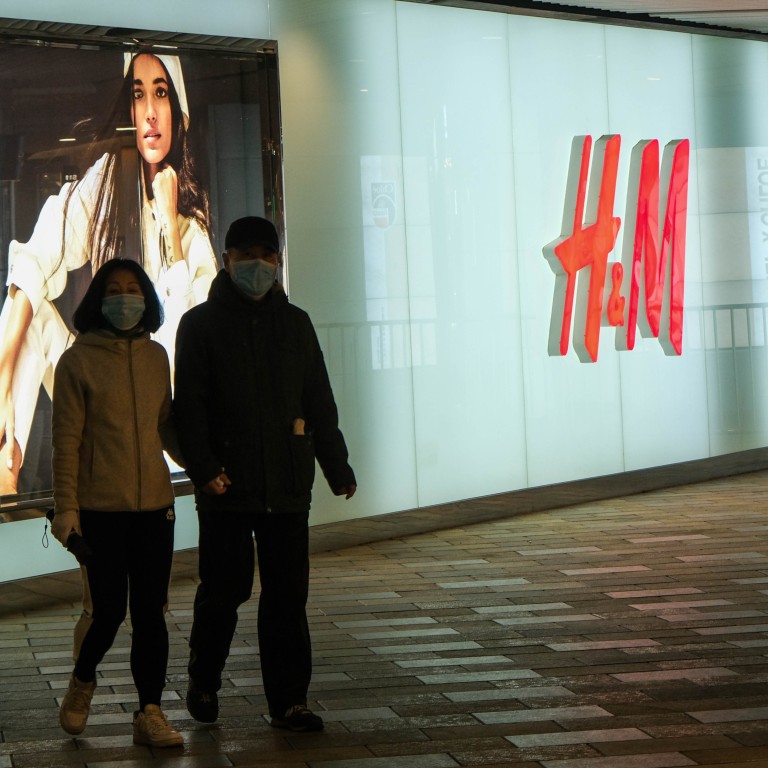
Swedish fast-fashion giant H&M returns to Alibaba shopping platform Tmall more than a year after Xinjiang cotton backlash
- A search on Tmall on Tuesday showed that H&M merchandise is again available to local consumers, with 14.33 million subscribers signed up online
- But a similar keyword search for H&M on JD.com and Pinduoduo did not yield any results
A search on Tmall, which offers both Chinese and international branded products, on Tuesday showed that H&M merchandise is again available to local consumers, with 14.33 million subscribers signed up online.
Alibaba, owner of the South China Morning Post, JD.com and Pinduoduo did not immediately respond to requests for comment on Tuesday.
H&M’s experience has become an example of the risks Western brands face in navigating China’s increasingly nationalistic marketplace.
H&M closes Shanghai flagship store following lockdowns, consumer backlash
There were 90 consumer boycotts against foreign companies in China from 2008 to 2021 caused by corporate statements or actions perceived as challenging the country’s governance in Hong Kong or sovereignty over Taiwan, or unfairly criticising its human rights record in Xinjiang, according to a report published by Stockholm-based think tank Swedish National China Centre.


